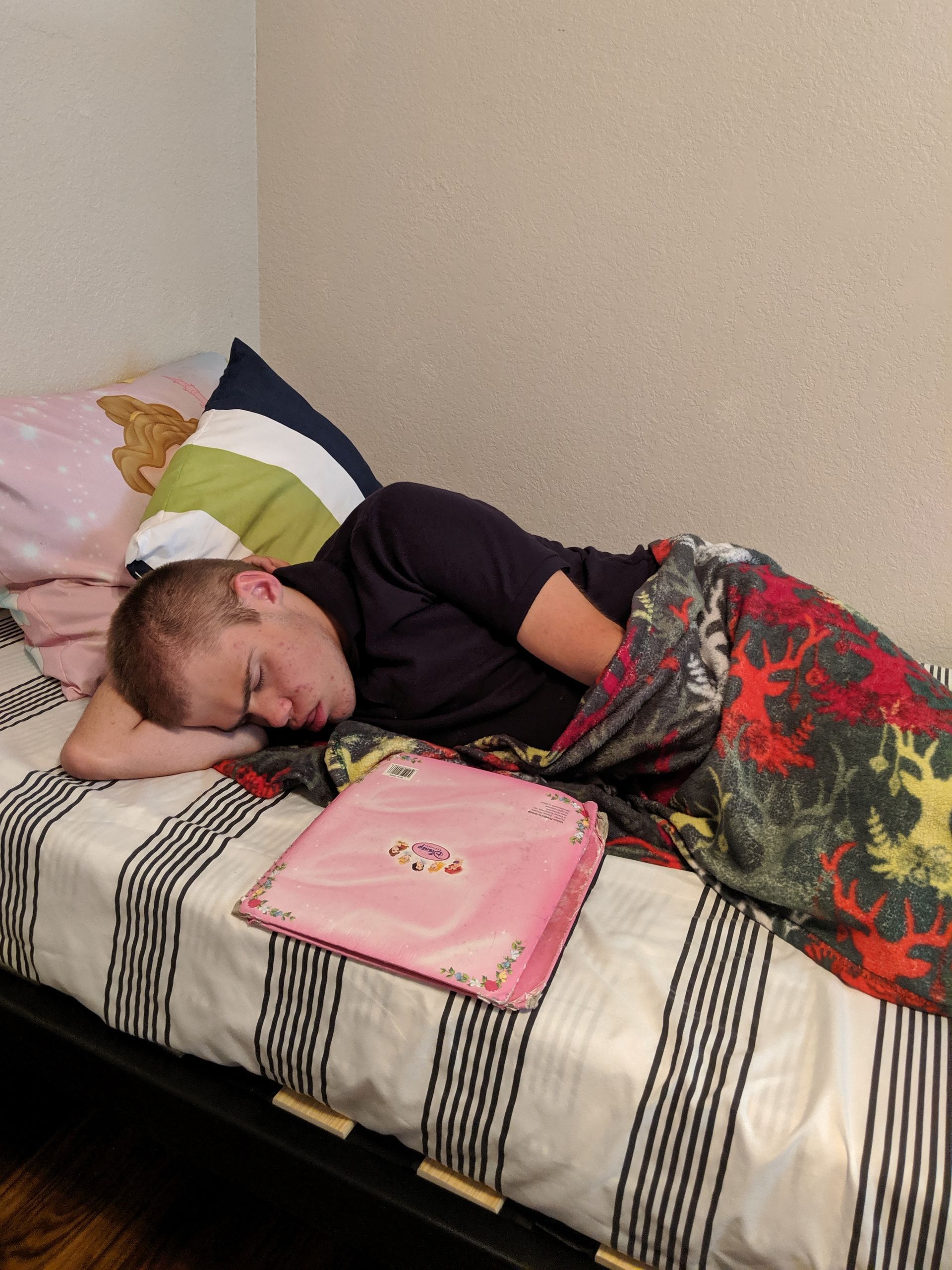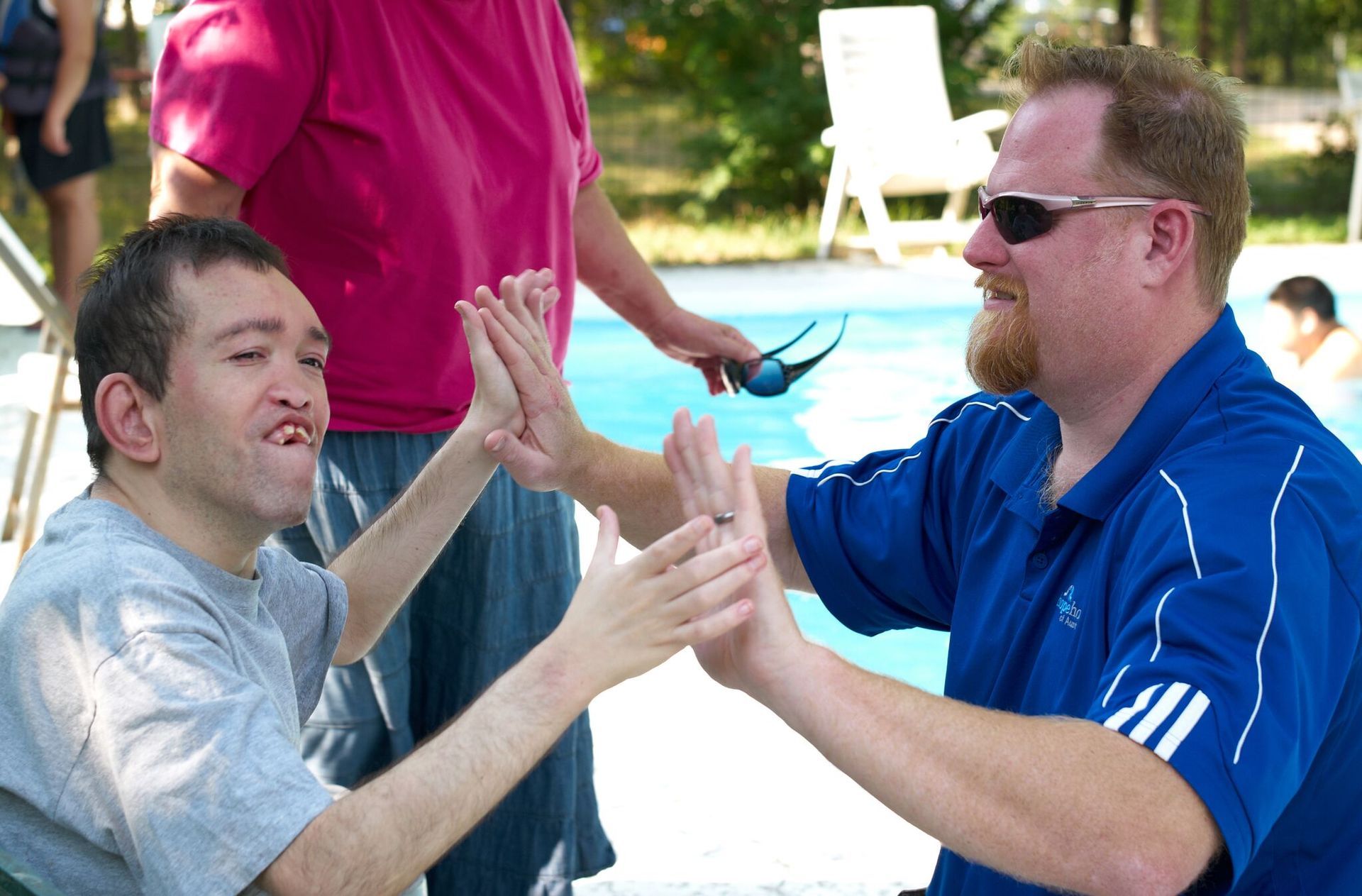7 Steps To Beginner Parents Dealing With A Disabled Child
Dealing with a disabled child at home can be challenging, but with the right approach and support, it is possible to create a loving and inclusive environment
Here are some tips on how to deal with a disabled child at home:
1. Educate yourself: Take the time to learn about your child's specific disability. Understanding their needs, challenges, and abilities will help you provide appropriate care and support.
2. Seek professional help: Consult with doctors, therapists, or specialists who can provide guidance on managing your child's condition. They can offer valuable advice on therapies, assistive devices, and resources that can make daily life easier.
3. Create a routine: Establishing a consistent routine can provide structure and stability for both you and your child. Set regular meal times, bedtime routines, therapy sessions, and playtime activities to create a sense of predictability.
4. Foster open communication: Encourage open communication within the family. Create an environment where your child feels comfortable expressing their thoughts and emotions without judgment or criticism.
5. Adapt your home environment: Make necessary modifications to accommodate your child's needs. This may include installing ramps or handrails for mobility assistance or creating sensory-friendly spaces for children with sensory processing disorders.
6. Connect with support networks: Reach out to local support groups or online communities where you can connect with other parents facing similar challenges. Sharing experiences and advice can provide emotional support and valuable insights.
7. Celebrate achievements: Focus on celebrating your child's achievements no matter how small they may seem. Recognize their efforts in overcoming obstacles and encourage them to embrace their unique abilities.
Remember that every disabled child is different, so it's important to tailor your approach based on their individual needs and preferences. With love, patience, and understanding, you can create a nurturing environment where your child thrives despite the challenges they face.

Quick Links
Contact
Email:
Phone:
512-515-6889 - Main Office
Address:
Mailing - PO Box 457
Main House - 1705 County Road 285
Liberty Hill, TX 78642
Hope House. All Rights Reserved.
Nonprofit Website by Noble










